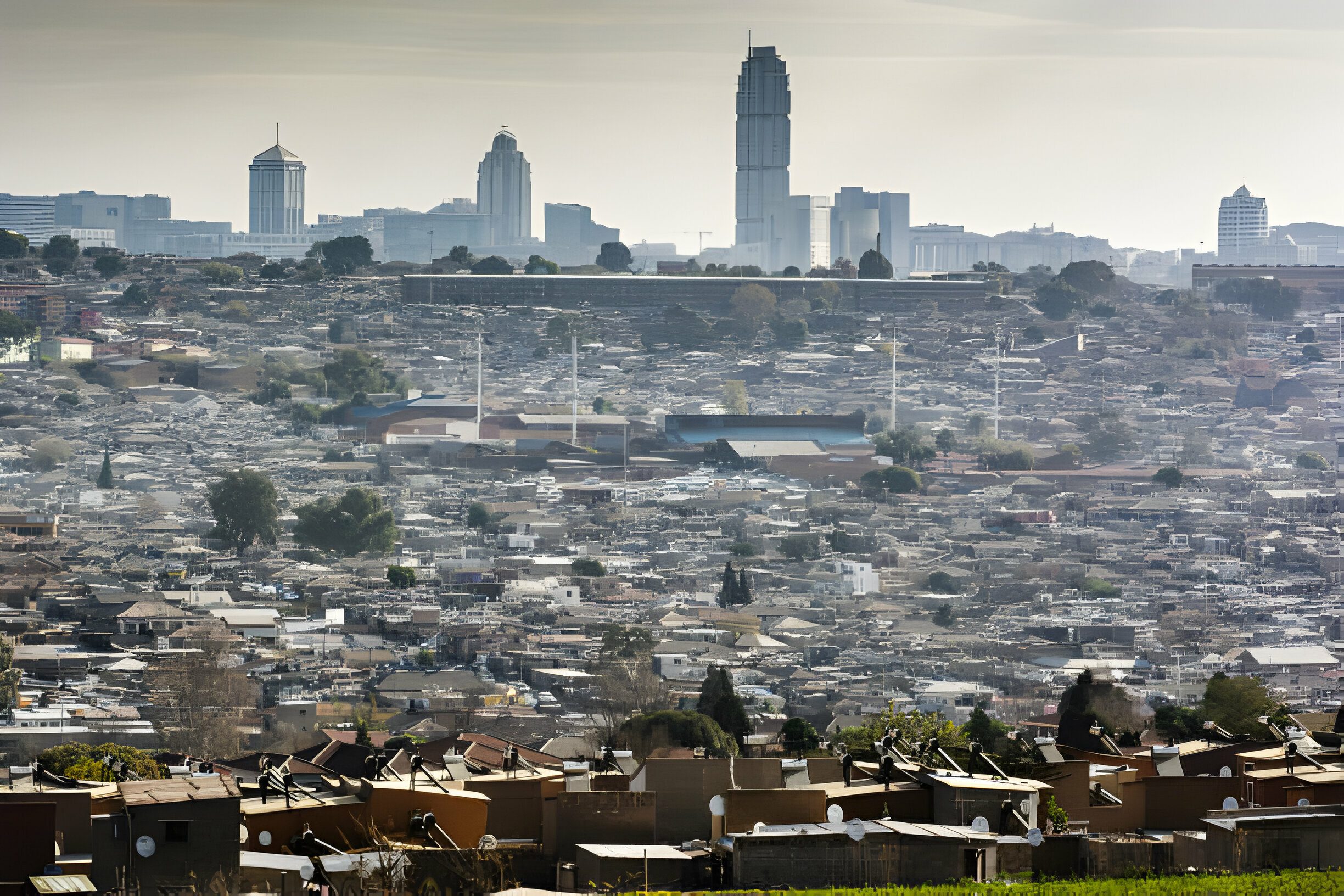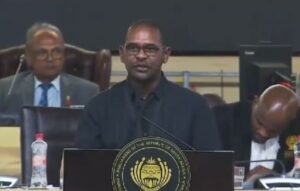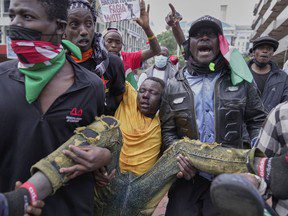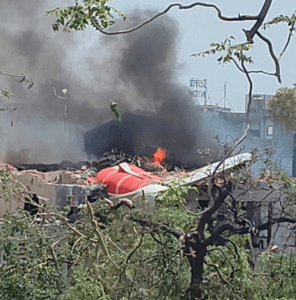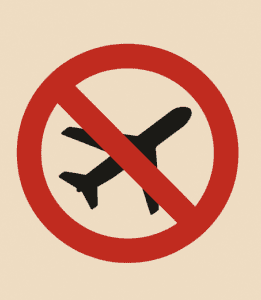Recent research highlights a stark reality: South Africa continues to top the list as the world’s most unequal nation. The study presents a troubling forecast that global poverty may persist for another 230 years at the current pace of change.
An analysis by Oxfam Inequality Inc. sheds light on a widening chasm in global wealth distribution. Since 2020, the collective fortune of the world’s five wealthiest individuals has surged, doubling their net worth. In stark contrast, during the same period, approximately five billion people around the world have experienced a decline in wealth. These figures indicate a possible emergence of the world’s first trillionaire within a decade, while the complete eradication of global poverty remains a distant goal, estimated to take over two centuries.
Further insights reveal that countries in the Global North hold a disproportionate share of wealth. They possess 69% of the world’s total wealth and 74% of the wealth attributed to billionaires. This imbalance is particularly evident in African nations such as Nigeria, Kenya, and Zimbabwe, where the gap between the extremely wealthy and the impoverished is acutely pronounced.
South Africa’s Wealth Disparity
In South Africa, the disparity is particularly stark. Since 2020, the wealth of the nation’s billionaires has grown by a third. In contrast, the financial standing of the bottom 99% of the population has deteriorated. Oxfam Africa’s findings show an alarming inequality: the combined wealth of South Africa’s four richest individuals equals that of the bottom 60% of the population, approximately 36 million people.
A report by the British confederation of charity organizations compares global inequality to the levels found in South Africa, noting it as a benchmark for extreme wealth disparity. The report states, “Global inequality is now at a level comparable to the level of inequality found within South Africa, the world’s most unequal country.”
The report also sheds light on racial disparities in wealth distribution within South Africa. In 2022, only 39% of companies listed on the Johannesburg Stock Exchange were controlled by black people, and none were entirely black-owned.
Towards a More Equitable Future
The path to mitigating extreme inequality, according to the report, lies in a radical redistribution of power from billionaires and corporations to ordinary people. It suggests that governments must play a more active role in regulating and reimagining the private sector to pave the way for a more equitable world. This approach aims to balance the scales of wealth and power, ensuring a fairer distribution that benefits the wider population, rather than a select few.

